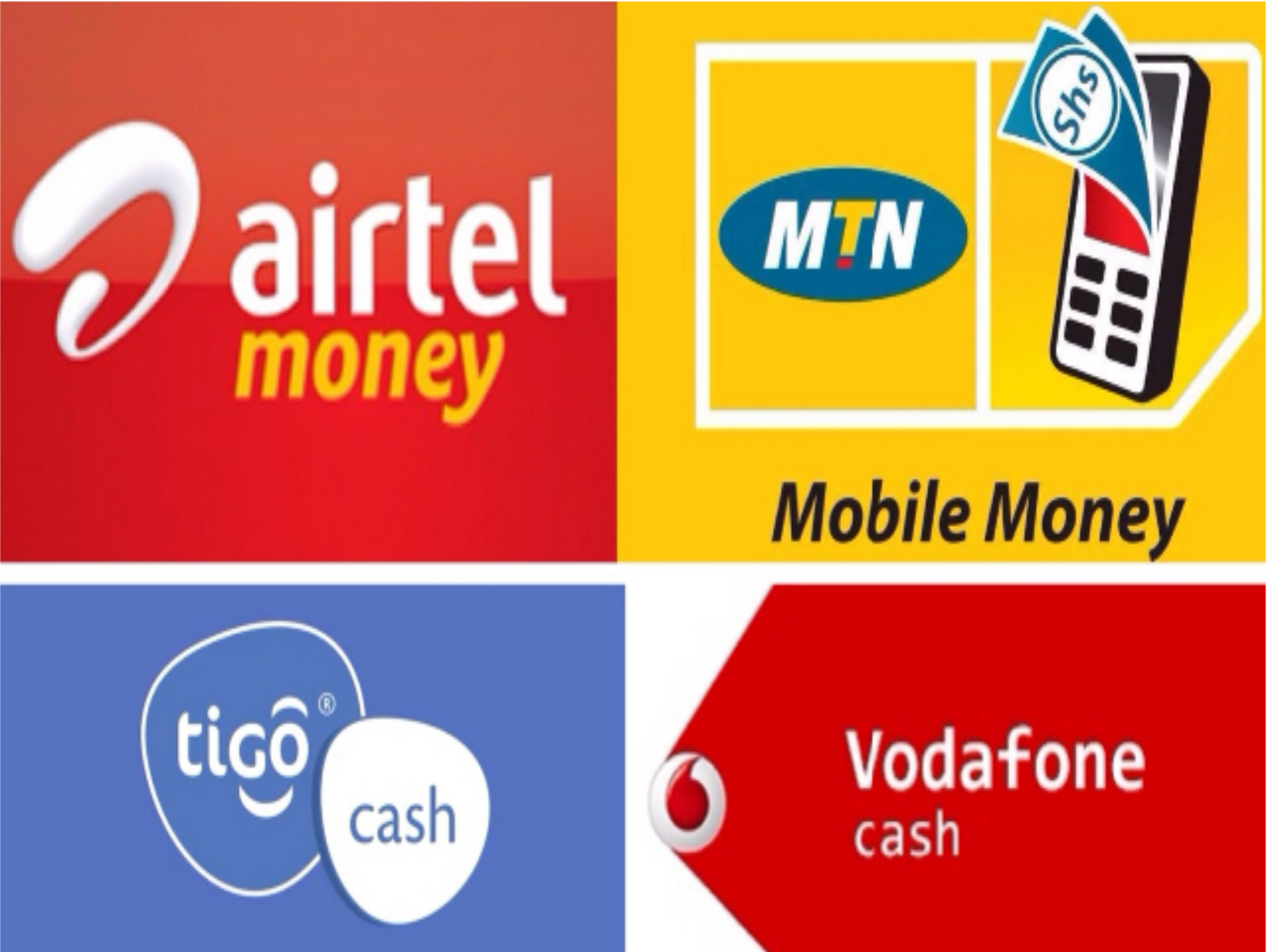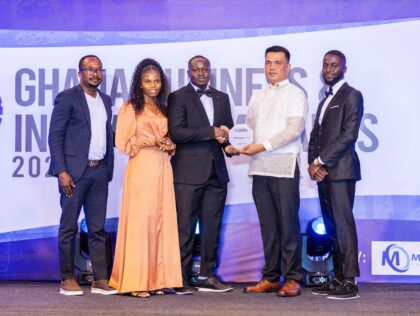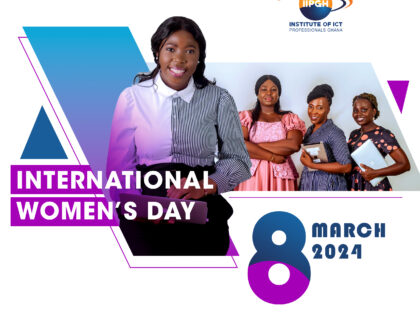… A Call for Telcos, Banks and Regulators – Part 1
What is Mobile Money?
Mobile Money is simply an electronic wallet service. In Ghana, like other African countries, Mobile money allows users to store, send, and receive money using their mobile phone. The safe and easy electronic payments make Mobile Money a popular alternative to bank accounts. It can be used on both smartphones and basic feature phones popularly known as “Yam Phones” in Ghana. Most Mobile Money services allow users to purchase items in shops or online, pay bills, school fees, and top-up mobile airtime. Cash withdrawals can also be carried out at authorized agents. To pay a bill or send money to another person, the user selects the relevant service from their phone’s Mobile Money menu. Paying with Mobile Money is just like sending SMS – it’s simple and easy.
How Mobile Money works?
Mobile Money simply stores funds in a secure electronic account linked to a mobile phone number. In some cases the wallet number will be the same as the phone number, but not always – they can be different. Before sending funds to a mobile money wallet, Mobile Money uses a similar concept as a bank account; funds held in a Mobile Money account are protected by local financial regulations. Mobile Money providers and partners like MTN, AIRTELTIGO, and VODAFONE are required to check the identity of their users – making it much harder for fraudsters and criminals to use these services illegally. Mobile Money services store a record of every transaction and account balance, so even if the phone or SIM card is lost or stolen, the user’s money is kept safe. Additionally, every transaction requires identification in the form of a secret PIN.
Mobile Money is available in a large number of countries and is especially popular in places where people are less likely to have bank accounts.
Most Mobile Money services are offered by local mobile telecoms operators who have received a license to operate electronic payments services. Some Mobile Money (MoMo) services are offered by banks or VAS (Value Added Service) companies as well. To register, the customer needs to visit their local Mobile Money agent and bring a form of identification, such as a valid passport, driver’s license or a government ID.
A successful example of MoMo is M-PESA, launched in 2007 by Safaricom in Kenya. It now has nearly 7million users, not bad for a country of 38million people, 18.3million of whom have mobile phones. M-PESA first became popular as a way for young, male urban migrants to send money back to their families in the countryside. It is now used to pay for everything from school fees (no need to queue up at the bank every month to hand over a ward of bills) to taxis (drivers like it because they are carrying around less cash). Similar schemes are popular in the Philippines and South Africa. The incomes of Kenyan households using M-PESA have increased by 5-30% since they started mobile banking, according to a recent study.
Mobile money also provides a stepping stone to formal financial services for people in Ghana who lack access to savings accounts, credit and insurance.
The Transformative Effect and the Complex Interplay Among Players
A tremendous transformation is taking place in Ghana in the financial services sector that requires banks and telecommunications companies to use Mobile Financial Services (MFS) in order to engage customers that are embedded in mobile and social ecosystems. On one side, banks contribute an existing financial network, infrastructure, and strong brand recognition, while contending with regulatory compliance. Telecom operators, meanwhile, deliver wide distribution networks, mobile network infrastructure, and an expansive customer base, example is MTN.
MFS is a very complex business environment with several players teaming up to provide these services. Major stakeholders are banks and telcos who are performing key roles as content creators and providers along with their core strengths. At times, telecom operators also attempt to serve as financial institutions by granting credit for micro payments as an extension of their basic service portfolio. The MFS ecosystem comprises a variety of participants whose collaboration is necessary for the success of mobile money payments and associated commerce
There is massive growth potential for MFS across the country, facilitated by the near global penetration of mobile handsets. While these platforms will take different forms depending on the market, there exists future opportunities in Ghana for mobile operators and banks. People may not have a bank account, but they do have a mobile phone and want to be part of the financial world, be able to send money to each other, and use credit. The good news is that the concerned actors partner each other and capitalize on their respective strengths, deliver and earn value. The merger of telecom and banks in Mobile Financial Services will lead to increased growth in the financial, retail and communications sectors in the country. Operators and banks are not destined to be competitors; instead, each must learn to partner and cooperate with one another to unlock the true potential of Mobile money Services in Ghana. We will see how Mobile revolution and evolution of business models pushed a growing number of telecom operators to sign agreements with banks to create integrated services for mobile money users in part two of this article.
Author: Ebenezer Kwaku Osei Owusu – (Business and System Analyst and Member: Institute of ICT Professionals, Ghana)
For comments, contact author eben.owusugh@gmail.com Mobile: +233266000751





